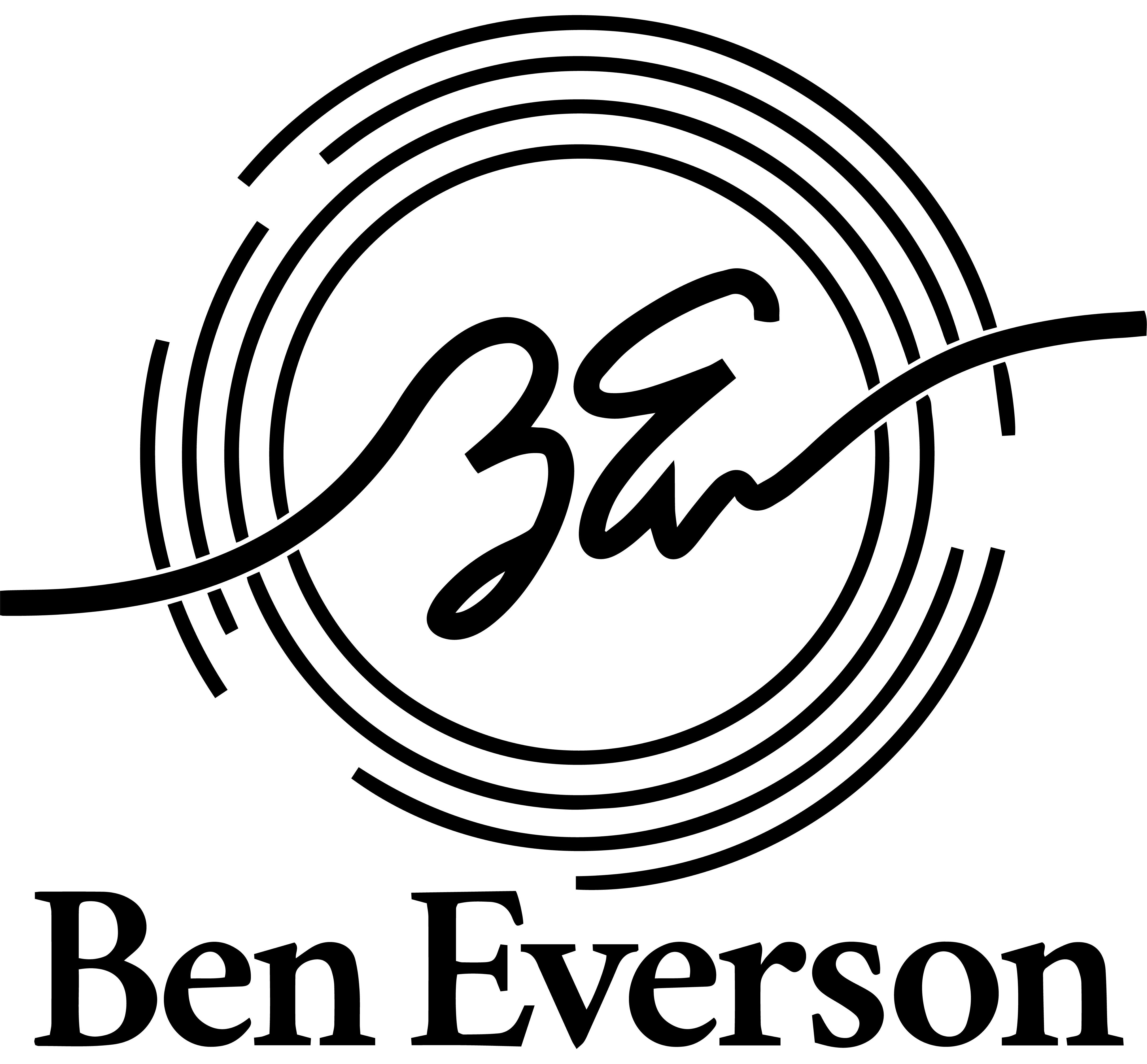I was up against the deadline. 24 hours before I ran out of time to record A Cappella Anthems. I had 8 songs left, with 16-30 vocal parts on each song ranging from bass (low E-flat) to tenor (B-flat above middle C). I was in the dry desert climate of Arizona, and a friend of mine let me use a room in his church building to record. I began at 7:00 pm on Thursday, and I sang all night until 6:30 am, no breaks.
Although I prepared for that marathon session the best I possibly could, I will never do that again! It was difficult to do, and taxed my voice to its limit.
As both a singer and preacher who is actively singing and/or preaching 6 days out of most weeks, I am constantly aware of the need to take care of my voice. Here are some of the guidelines I follow to keep my voice flexible on a stringent schedule. Some apply to singing more than other things, but hopefully everyone can benefit from one or more of these tips.
1. Pain isn’t gain.
With muscle building, a certain amount of pain is good. It means you’re actually tearing down the muscle so that it can rebuild in 48 hours. Your vocal cords aren’t made out of muscle. They are delicate folds of mucus membrane. If your voice hurts, quit whatever it is you’re doing and let it rest. True, there are muscles that control the cords, but the cords themselves won’t benefit at all from pushing them. In fact, you can damage them.
2. Water is your friend.
Our society is chronically dehydrated. We substitute sugared drinks (or even juices with just as much sugar!) for water and think that as long as we get enough liquid we’re good. Not so! Our voices need to be properly lubricated with moisture in order to vibrate clearly and consistently. I’m still amazed at the difference in my voice when I’ve been properly hydrated for 48 hours before I sing and when I’ve slacked off in my water intake. Think of water for your voice like oil for your vehicle. You don’t want to run low on it!
3. Raise your pitch.
For some reason, many people tend to speak conversationally in a much lower tone than they should. I find this to be the case with my own voice, too. Speaking (or singing) for long periods of time at the extreme end of your vocal range causes your voice to wear out quicker. Try raising your pitch just a little, and you’ll notice a difference in the tension in your throat.
4. Fatigue is the enemy.
When we’re tired, nothing works right. In a perfect world, we would never be tired and we’d get perfect rest all the time. Unfortunately, it seldom works out that way. So I keep a mental balance going on in my head, and gauge what I can do based on how much reserve I have left in the tank. Sometimes,
5. Don’t be a hero.
Sometimes you have to scale back. Plan the order of your concerts or speaking schedule to help your voice rather than hurt it. Choose to speak in shorter segments with smaller breaks in between. Sometimes I will hide a little before a service or else I’ll have to talk to people so much in the half hour before a service my voice will be tired before even beginning.
One group years back used to hold 2 hour practices on Sunday afternoon before a Sunday night concert. What a terrible idea from a vocal perspective!
7. Plan your rebound.
Sometimes, you HAVE to be the hero. In other words, if there’s a big performance date on the calendar, and you’ve been sick, or tired, or both, you can’t simply move the date. You’ve got to give it your all the best you can and not hold back. Fair enough. Do your best and muster all the ability you can with the Lord’s help!
But if you find yourself in that situation, be wise with your human instrument, and plan in some rebound time. Allow your voice to recover before you go at it again. I remember doing a 70 minute concert outdoors when it was about 50 degrees. I dressed appropriately body-wise, but forgot how much of a toll the cold air would put on my throat and voice. If I had scheduled meetings immediately following that concert I would have been down to about 30-40% of what I usually can do. But instead, we had a long road trip and I didn’t have to sing or even speak much at all. After three days, I was back to normal because I allowed my voice to rest.
Take care of your voice! It’s the only one you’ve got!
